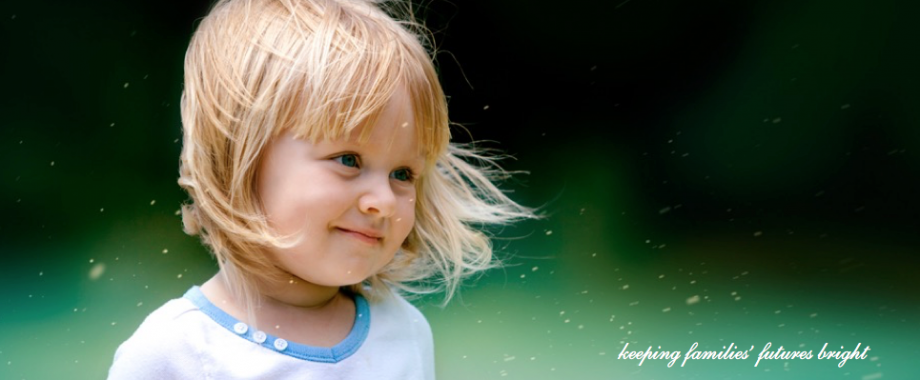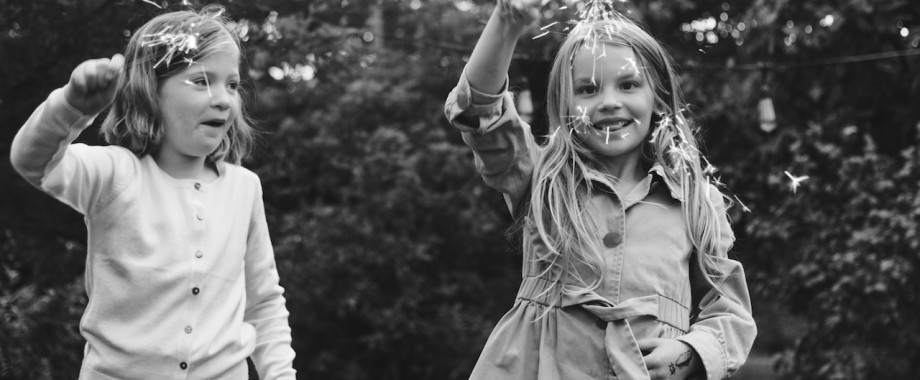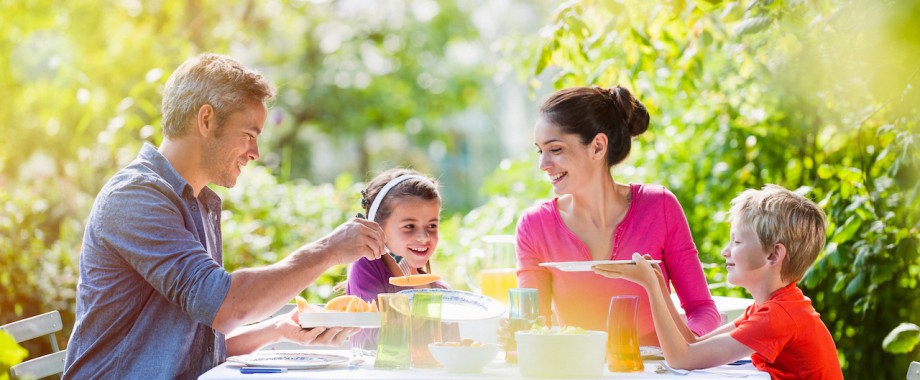Strategies
Perhaps this quote from D.A.R.E. best talks about prevention for drug and alcohol use and abuse with kids: ” To keep kids away from drugs, one thing is clear: schools, community, religious institutions, the police all of them can help. But no one can replace the family. The work parents do is critical. Experts agree it’s highly likely that youngsters who make it through their teens without using illegal substances make it with the loving support of their parents. Talk to your children, listen to them, set standards of right and wrong. Remember that they learn from example. Love, support and praise them so they will have a sense of self worth. Keep them busy, be involved with and on top of their lives. Educate yourself about drugs.”
Be aware that nearly all children must make decisions about drug use and form attitudes about drugs in their formative years
Become educated and informed about drugs and their effects. Be a credible source of information to your child.
The biggest mistake parents make is believing that their children will never use drugs. They ignore all warning signs and then are shocked when they receive a phone call from the school, police or another parent.
Discuss what your feelings are — not what you think. Ask the child what he/she feels about things — not what he/she thinks.
Take a firm anti-drug stand with young people and adults. Let all segments know that your children are not allowed to use drugs, including the narcotic drug “alcohol”.
Back up the “no drug” rule with a clear and consistent set of behavioral rules and be willing to enforce them — do not back down.
Take positive steps to strengthen family unity and communication. Parents only communicate with children to tell them to make the bed, feed the dog and carry out the trash. Two minutes per day is used to build a capable young person. Plan a family activity once a week with no one other than immediate family. Each person takes turns planning, not put-downs, no evaluations, etc. Your attitude must be one of “gratitude”. The activity will become exciting, sharing and trusting when you “cop the attitude of gratitude”. Accept your child as he or she is so they may grow. Don’t tell them what they should think or how they should feel.
Take your child for an ice-cream cone or lunch once a month. Ask them what were the five most important things that happened to them last month and LISTEN. Don’t evaluate or judge — JUST LISTEN. Then share back about your five most important things and don’t make them all positive. Don’t be the perfect macho person who never feels bad and who has everything under control.
Don’t adopt an attitude of “so what’s wrong with a few drugs? I raised a little cane when I was young.” This attitude is naive and dangerous. Such an attitude allows a child to go though adolescence without learning social skills and coping skills. If and when the young person stops using drugs, they will be ill-equipped to deal with adult problems. In addition, the damage that occurs from drugs is tremendous and very dangerous.
“Be motivated by love. Kindness is key” -Susie Spain on behalf of Angels at Risk



